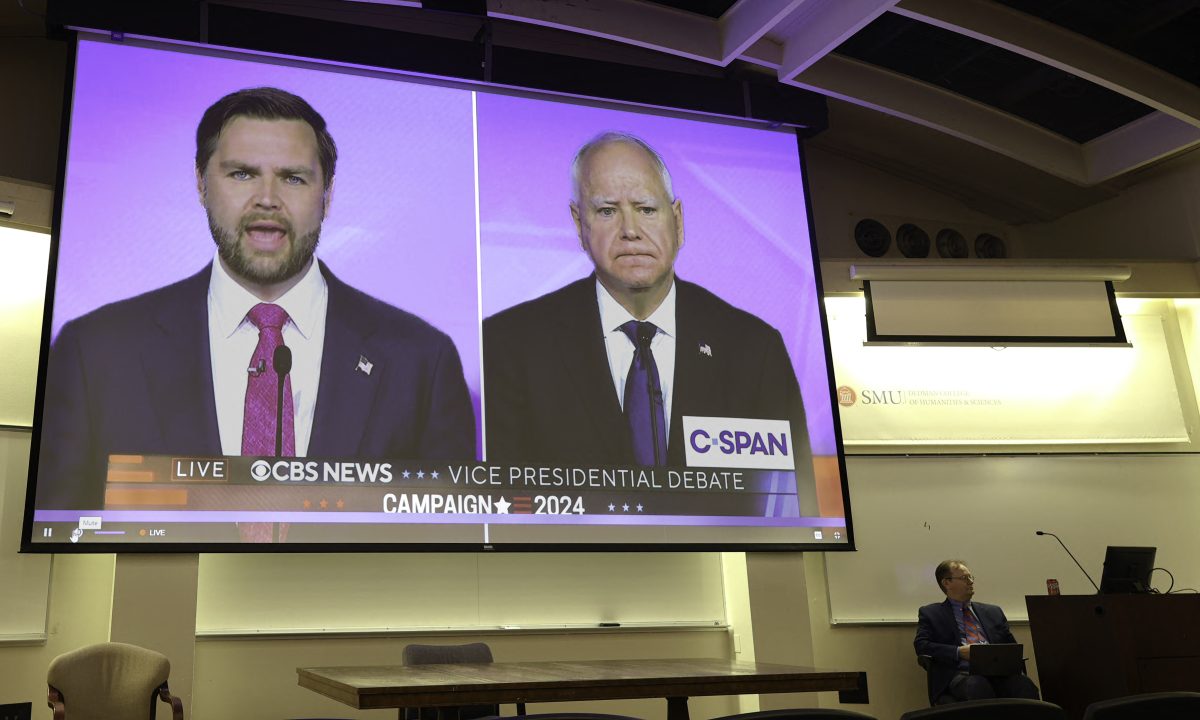Faculty Senate President Linda Eads said she was “pleased” by the administration’s response to a former athletic no-drop policy for student athletes, saying that it reinforced the idea that academics—not athletics—was the University’s main focus.
Eads spoke about the no-drop policy at Wednesday’s Faculty Senate meeting.
Her statements came after Provost Paul Ludden sent out a memo Oct. 28, which stated that all students must be allowed to drop classes at will.
The Daily Campus reported Wednesday on a past athletic policy where student athletes were not allowed to drop classes without the approval of athletic director Steve Orsini.
That story cited a 2009 Faculty Senate report, which stated that there was “controversy” in the faculty over the policy.
“On the one hand, the new policy reinforces our desire to see fewer drops in the university,” Dan Orlovsky, the athletic policies committee chair, said. “On the other, it treats student athletes differently than we treat the larger student body—a situation that we oppose.”
The no-drop policy has since been cancelled.
Athletic spokesman Brad Sutton told The Daily Campus that, “Athletics will follow the provost’s directive.”
Eads told Senate that Orsini “never had the authority” to prohibit student athletes from dropping a class and that it wasn’t the Athletic Department’s call.
The drop policy set by the University governs every student, Eads said.
Eads said Ludden, in conjunction with President R. Gerald Turner, has made it clear that “no student group is treated differently.”
Jody Magliolo, chair of the all-university finance committee, presented the university budget to Faculty Senate during Wednesday’s meeting.
Magliolo reported that the University was butting up against self-imposed restrictions on the fraction of tuition that goes to unrestricted scholarships. University trustees want it to remain under 20 percent.
After Magliolo discussed how managing to a single number might disproportionably tax certain students, Eads asked for information about individual schools’ financial aid awards.
Another concern highlighted by Magliolo was a rise in the cost of benefits to SMU employees.
He said the “alarmingly high” number can be attributed to health care costs and does not expect that the number will go down.
Faculty Senate also met with Dedman Dean William Tsutsui, who briefly discussed his impressions of SMU since joining the faculty.
He told senate that for the four months that he has been on campus, “all the positive impressions” about SMU he had when he first interviewed for the job “have been confirmed.”
Tsutsui said he was glad that SMU has “the luxury of being ambitious,” and that it has not felt pressure to cut costs and staff as many public universities have done.
Tsutsui said Dedman College is often seen as the second choice for many students who would rather major in another school, such as the Cox School of Business.
“Dedman College increasingly has to be the first choice,” he said.
Tsutsui noted problems in Dedman, which caused it to be “less the sum of its parts.”
The three specific ideas that he is focused on are senate developing a strategic plan for Dedman’s future, creating a policy on how Dedman allocates its space and improving the advising process for students.
Tsutsui also stressed the importance of a liberal arts education over a professional education, emphasizing that a liberal arts education is the best preparation for life.
“People need some time to sort out what they want to do,” he said. “Humanities does that.”








